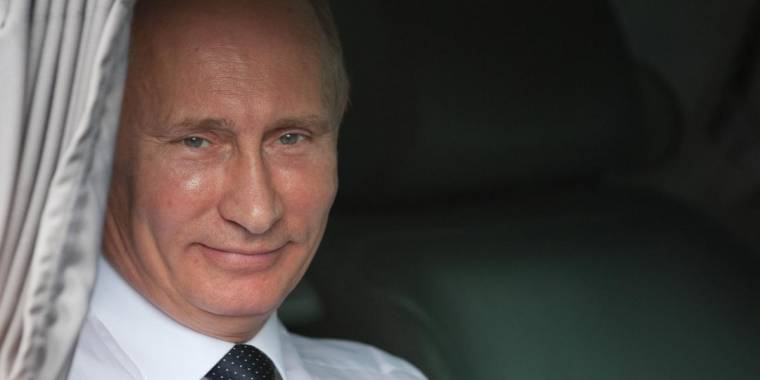Lithuanian Intelligence Foresees Russia’s Sustained Military Effort Against Ukraine.
Others are reading now
According to a Lithuanian intelligence analysis released on March 7, Russia possesses the necessary financial and logistical means to maintain its current level of military aggression against Ukraine for at least two more years. The assessment points to high oil prices, strategic investments in the military sector, and successful evasion of sanctions as key factors enabling Russia’s prolonged engagement in the conflict.
Now entering its third year, the conflict sees no diminishing efforts from Russian forces, intensifying the situation along the front lines. Complications in receiving U.S. assistance add to Ukraine’s challenges in countering the aggression effectively.
The report, a collaborative effort between Lithuania’s State Security Department (VSD) and the Defense Intelligence and Security Service (AOTD), suggests Russia can uphold the war’s “similar intensity” for a timeframe ranging from six months to two years.
Also read
Moscow’s aggressive stance towards Ukraine has become a cornerstone of its foreign policy, employing threats and blackmail to undermine international support for Kyiv. Furthermore, Russia is actively broadening its network of companies designed to sidestep Western-imposed sanctions, securing vital equipment and resources for its military endeavors.
Western nations are ramping up measures to obstruct Russia’s sanction evasion tactics, targeting the involvement of third-party countries. Despite these efforts, Russia continues to receive critical supplies, including computer components and drones, from countries like Turkey, Kazakhstan, Kyrgyzstan, and China, bolstering its defense industry.
The intelligence agencies highlight a concerning scenario wherein a cessation or stalemate in the conflict could lead Russia to enhance its military capabilities towards the west, posing a direct threat to NATO, including in the Baltic Sea region. NATO officials have expressed apprehensions about the rising likelihood of a direct confrontation with Russia in the foreseeable future.
Russia’s strategic military reform, projected to span from several years to a decade, underscores its preparation for a long-term confrontation with NATO. Additionally, Russia’s support for Belarus is aimed at boosting the military prowess of its ally, while ensuring control over Minsk by deploying tactical nuclear capabilities and securing a lasting military presence in the region.


